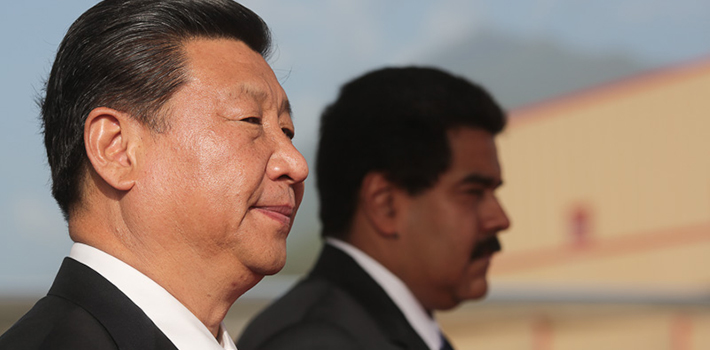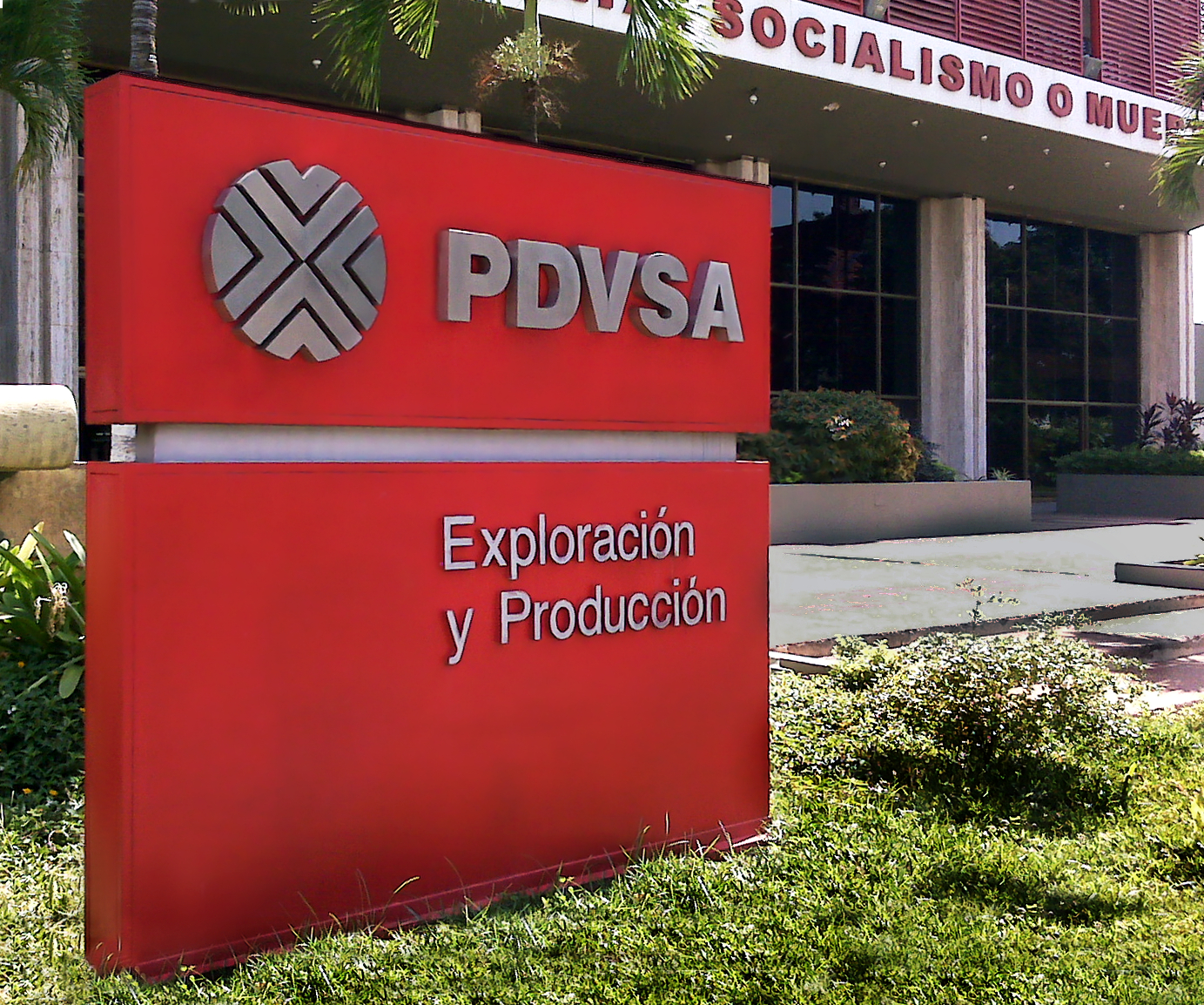
EspañolJust like at the height of the Cold War, the socialist heads of Venezuela — Hugo Chávez and Nicolás Maduro — have made names for themselves with their inflammatory, anti-imperialist rhetoric against the United States: the “empire” has received every kind of accusation, from conspiracies hatched with the support of the local opposition, to the ridiculous claim that the cancer that prematurely killed Chávez was injected.
However, one should remember that the United States is neither a true empire nor has it behaved as such in recent years. The doubts and policy mistakes of US President Barack Obama demonstrate an extreme policy of indifference from the north towards the Venezuelan dictatorship, going back to the years of George W. Bush. But this does not mean that Venezuela, guided by unrealistic criteria and a completely mistaken vision of the economy, is becoming less dependent on other world powers.
The main one is China, the one that calls itself communist, even though its economy has boomed on the back of free-market reforms and greater openness. China is attracting various countries, who now buy their products and receive Chinese investments.
Venezuela is one of them. The country suffers a shortage of foreign currency, despite huge oil revenue: Chávez spent generously and recklessly on those countries that he wanted to join his bloc, while chavismo is characterized by a social policy of handing out money without adequate consideration.
The regime has invested little or nothing in infrastructure; it has bought up once-successful private businesses with significant sums of money, while failing to improve the oil industry. PDVSA, the state-owned oil company lost almost 20,000 members of its most qualified staff when Chávez fired them one decade ago without any basis. Ever since, it has been unable to recover prior production levels, about 3 million barrels per day. That number stands at barely over 2.3 million barrels per day.
China, therefore, is lending Venezuela the funds it urgently needs. In the last seven years, the South American country has received over US$40 billion in exchange for oil production, and two funds — the Chinese-Venezuelan Mixed Fund and the Chinese-Venezuelan Heavy Fund — were established to allegedly finance big development projects. The poorly managed investments by the local government have not yet paid off, and it remains to be seen that they will do so in the near future.
The money arriving to the country, sooner or later, will have to be paid back to China. How does Venezuela, which has almost ran out of foreign-currency reserves, pay the debt accumulated with the giant Asian? She shall use none other than petroleum, the oil crude that could be sold to get the money urgently needed. At present, the debt is being paid with an average of 524,000 barrels per day, and the trajectory suggests that this amount will increase until it reaches 1 million barrels in a couple of years.

This oil shipments to China, amounting to almost one quarter of the total oil production of the country, should be added to the approximately 100,000 barrels that Venezuela ships to Cuba on a daily basis. This supports the island’s inefficient economy, and, by doing so, the Castro brothers’ dictatorship. Petrocaribe, another initiative by Chávez, consumes an important portion of the total oil production, essentially given away for free with better conditions than those in the international markets.
Amid these numbers emerges a daunting reality for Venezuela: oil production, the backbone of the national economy, is almost completely mortgaged for many years. After making payments to China, subsidizing local consumption, and fulfilling other political commitments, only 500,000 barrels will be available for sale at the present lucrative prices on the market.
While China ensures the supply of the important raw material for their development at bargain prices, Venezuelans will continue to see their real income in terms of US dollars fall during the coming years. The economic crisis Venezuela is living today will deepen, with devaluations and out-of-control inflation as consequences.
Without saying that the Chinese government will act as an imperialist power from now on, I will say, however, that they are making very good deals with Venezuela. They are taking advantage of the incompetence and ideological blindness of governments that still believe in the failed economic recipes of socialism.
 Versión Español
Versión Español












